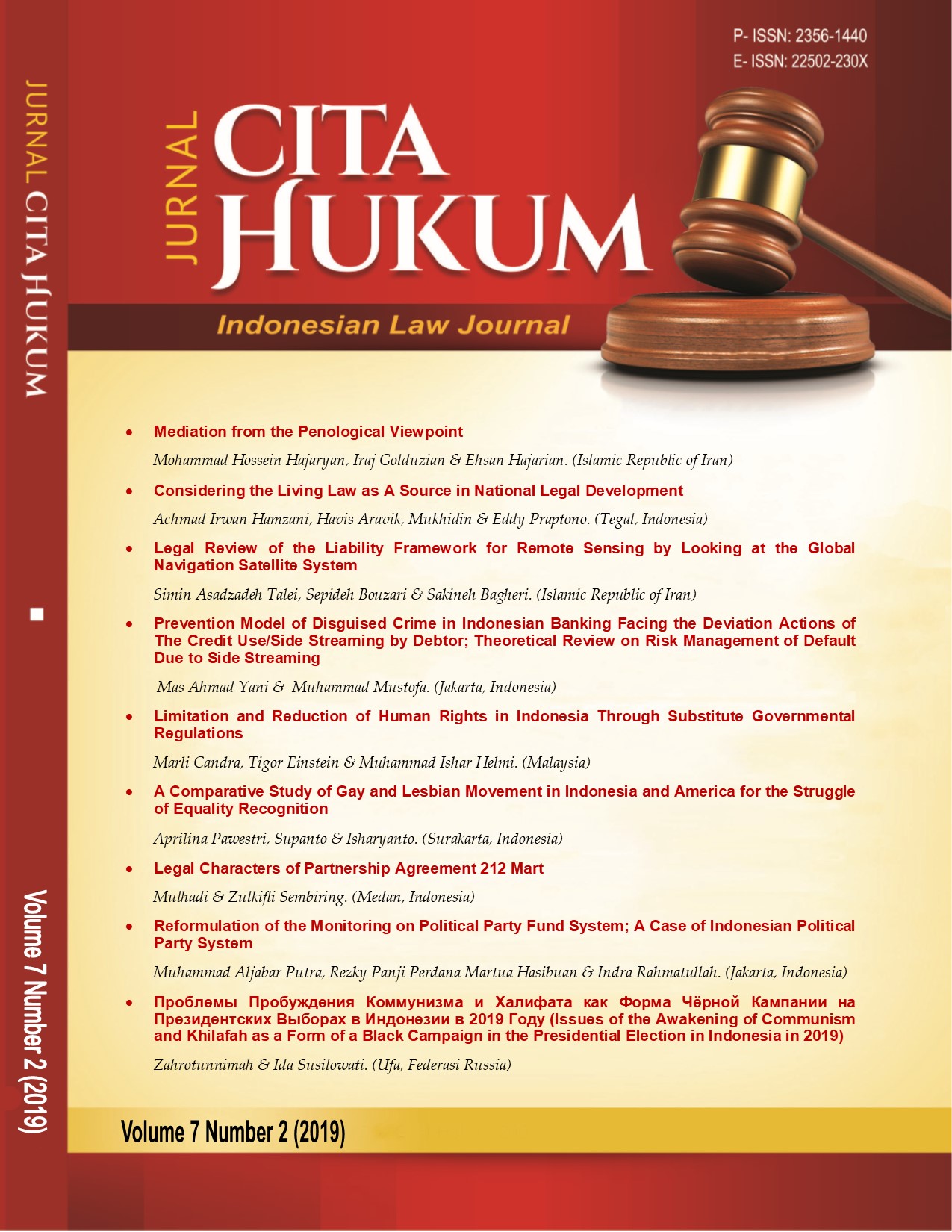Utilization of Artificial Intelligence in Drafting Judges' Decisions in Commercial Courts
DOI:
https://doi.org/10.15408/jch.v13i1.46677Keywords:
Artificial intelligence; in loco parentis; Commercial CourtsAbstract
Artificial intelligence (AI) is experiencing rapid development due to advances in communication and information technology. AI is designed to create computer systems that can mimic human intellectual capabilities. Optimizing the increasingly widespread use of AI to meet societal needs has also penetrated the legal world. AI plays a significant role in the judicial process, given the increasing burden of trials and efforts to achieve speedy, simple, and low-cost justice. In line with its rapid development, it is necessary to ascertain the legal standing of AI and its role in formulating judicial decisions in courts, particularly in commercial courts. The research in this article uses a normative approach, examining applicable legal norms through dogmatic or doctrinal research. The research approach is conceptual. A literature review was conducted by analyzing previous research in the form of scientific articles, laws and regulations, and mass media related to the discussion. From this research, it can be concluded that the position of AI can be interpreted as that of a child and a parent, as subjects of civil law, who have control, as stipulated in the in loco parentis doctrine. With this doctrine, the use of artificial intelligence prioritizes human responsibility without limiting technological development. Commercial court judges apply straightforward evidentiary procedures, eliminating the need for artificial intelligence assistance in deciding bankruptcy cases. Artificial intelligence remains necessary in commercial courts, limited to the administrative scope of bankruptcy cases.
Downloads
Published
Issue
Section
License

This work is licensed under a Creative Commons Attribution-ShareAlike 4.0 International License.












